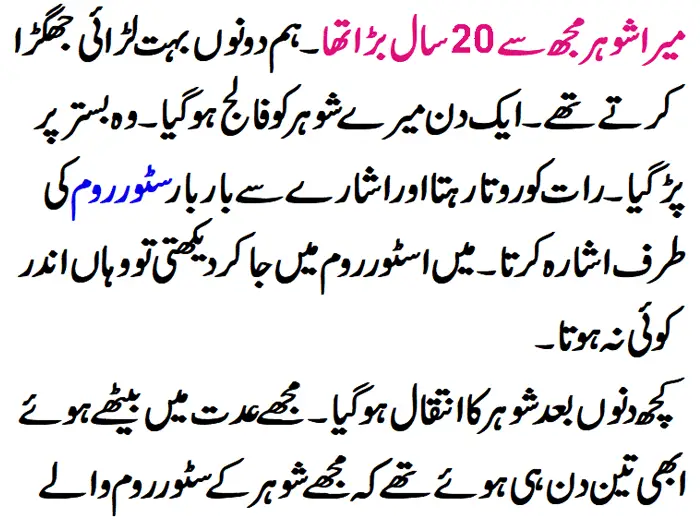Introduction
Vitamins and minerals play crucial roles in various physiological functions, from supporting immune health to maintaining bone strength. However, deficiencies in these essential nutrients can lead to a range of symptoms that impact overall health and well-being. In this article, we’ll delve into the top 10 symptoms of vitamins and minerals deficiency, helping you recognize signs of nutrient deficiencies and take steps to address them.
Understanding Vitamins and Minerals Deficiency
Exploring the Impact on Health and Wellness
LSI Keywords: Nutrient Deficiency Symptoms, Signs of Malnutrition, Essential Nutrients
Vitamins and minerals are vital micronutrients that the body requires in small amounts to function properly. While a balanced diet typically provides these nutrients, certain factors such as poor dietary choices, medical conditions, or lifestyle habits can lead to deficiencies. Recognizing the symptoms of vitamins and minerals deficiency is crucial for identifying potential nutrient gaps and addressing them to maintain optimal health.
Top 10 Symptoms of Vitamins & Minerals Deficiency
Identifying Common Signs of Nutrient Deficiencies
- Fatigue: Persistent fatigue or low energy levels can be a common symptom of various nutrient deficiencies, including iron, vitamin B12, and magnesium. These nutrients play key roles in energy production and metabolism, and their deficiencies can result in feelings of tiredness and weakness.
- Weakness: Muscle weakness or decreased strength may indicate deficiencies in nutrients such as vitamin D, calcium, and potassium. These nutrients are essential for muscle function, and their inadequate intake can lead to muscle weakness, cramps, or spasms.
- Brittle Hair and Nails: Brittle, dry hair, and nails are often signs of deficiencies in vitamins A, C, D, biotin, and minerals like zinc and iron. These nutrients are crucial for maintaining healthy hair follicles and nail beds, and their deficiencies can result in brittle, easily damaged hair and nails.
- Poor Wound Healing: Slow wound healing or frequent infections may indicate deficiencies in vitamins A, C, and zinc, which play essential roles in immune function and tissue repair. Inadequate intake of these nutrients can impair the body’s ability to fight off infections and heal wounds efficiently.
- Pale or Yellowish Skin: Pale or yellowish skin can be a sign of various nutrient deficiencies, including iron, vitamin B12, and folate. These nutrients are involved in red blood cell production and oxygen transport, and their deficiencies can result in pale or jaundiced-looking skin.
- Vision Changes: Changes in vision, such as night blindness or dry eyes, may indicate deficiencies in vitamins A, C, and E, as well as minerals like zinc and selenium. These nutrients are essential for maintaining eye health and vision, and their deficiencies can lead to vision problems and eye discomfort.
- Bone Health Issues: Weakness, pain, or fractures in the bones may indicate deficiencies in calcium, vitamin D, and magnesium. These nutrients are crucial for bone health and strength, and their inadequate intake can increase the risk of osteoporosis and bone fractures.
- Mood Changes: Mood swings, irritability, or depression can be symptoms of various nutrient deficiencies, including vitamin D, B vitamins, and omega-3 fatty acids. These nutrients play important roles in brain health and neurotransmitter function, and their deficiencies can impact mood regulation and emotional well-being.
- Cognitive Decline: Memory problems, difficulty concentrating, or cognitive decline may indicate deficiencies in vitamins B6, B12, and folate. These nutrients are essential for brain function and neurotransmitter synthesis, and their inadequate intake can impair cognitive function and memory.
- Compromised Immune Function: Frequent illnesses, infections, or slow recovery from illnesses may indicate deficiencies in vitamins A, C, D, and zinc, which are crucial for immune function. These nutrients play key roles in supporting the immune system and protecting the body against infections, and their deficiencies can weaken immune function.
FAQs about Vitamins & Minerals Deficiency
Q: Can taking a multivitamin supplement prevent nutrient deficiencies?
A: While multivitamin supplements can help fill nutrient gaps in the diet, they should not be relied upon as a substitute for a healthy and balanced diet. It’s essential to obtain nutrients from a variety of whole foods to ensure adequate intake and absorption.
Q: How can I determine if I have a nutrient deficiency?
A: If you suspect you have a nutrient deficiency, it’s essential to consult with a healthcare professional for evaluation and testing. Blood tests can help identify specific nutrient deficiencies, and a healthcare provider can provide guidance on appropriate supplementation or dietary changes.
Q: Are there certain groups of people at higher risk for nutrient deficiencies?
A: Yes, certain groups of people may be at higher risk for nutrient deficiencies, including pregnant or breastfeeding women, older adults, individuals with malabsorption disorders, and those following restrictive diets. It’s important for these individuals to pay close attention to their nutrient intake and consider supplementation if necessary.
Q: Can nutrient deficiencies be reversed through dietary changes alone?
A: In many cases, nutrient deficiencies can be addressed through dietary changes alone by incorporating nutrient-rich foods into the diet. However, in some cases, supplementation may be necessary to correct severe deficiencies or underlying health conditions that impair nutrient absorption.
Q: What are some common sources of essential vitamins and minerals in the diet?
A: Essential vitamins and minerals can be found in a variety of foods, including fruits, vegetables, whole grains, lean proteins, dairy products, nuts, seeds, and legumes. Eating a diverse and balanced diet that includes a variety of these foods can help ensure adequate intake of essential nutrients.
Conclusion
Recognizing the symptoms of vitamins and minerals deficiency is crucial for maintaining optimal health and well-being. By being aware of common signs of nutrient deficiencies and taking steps to address them through dietary changes, supplementation, or medical intervention when necessary, individuals can support their overall health and vitality.






